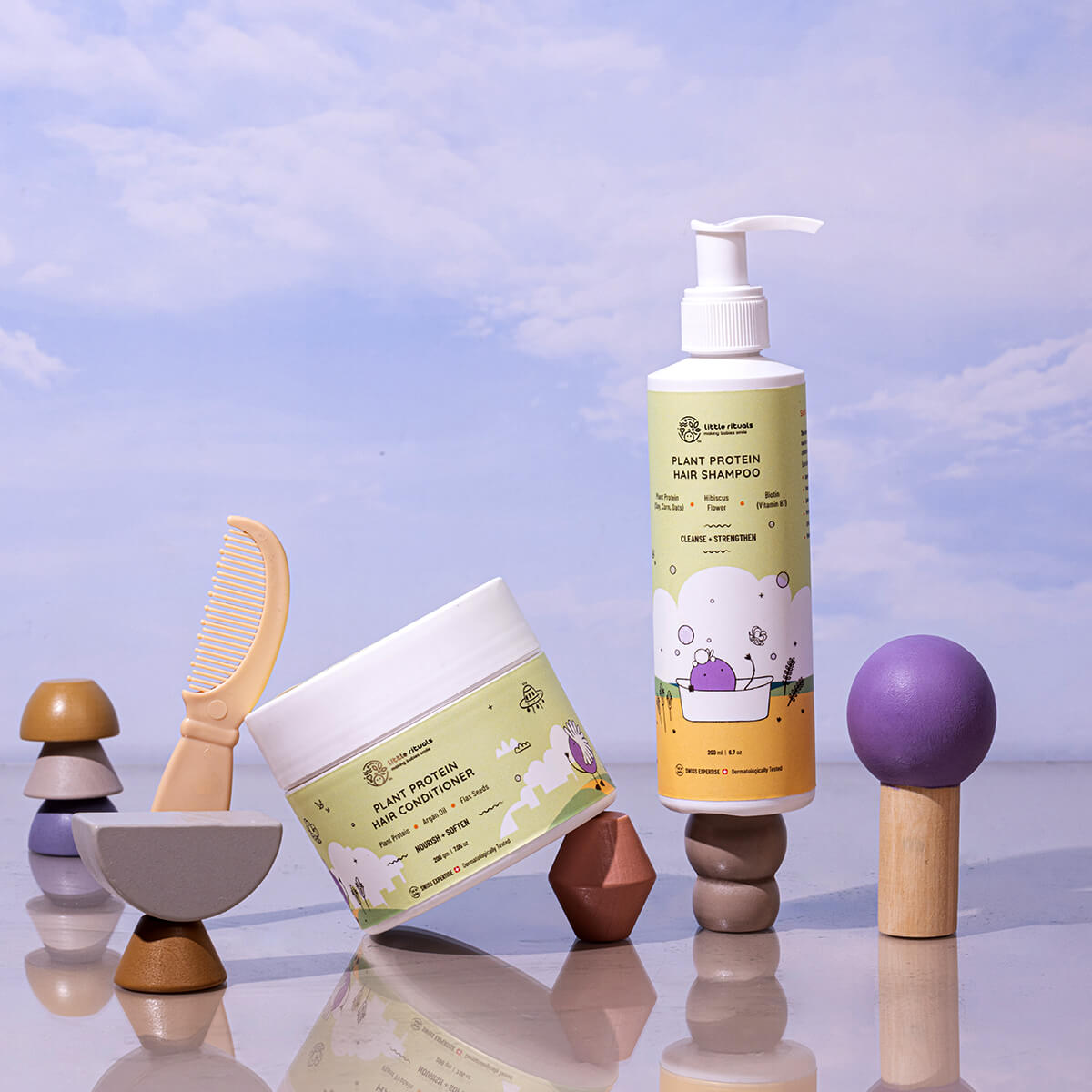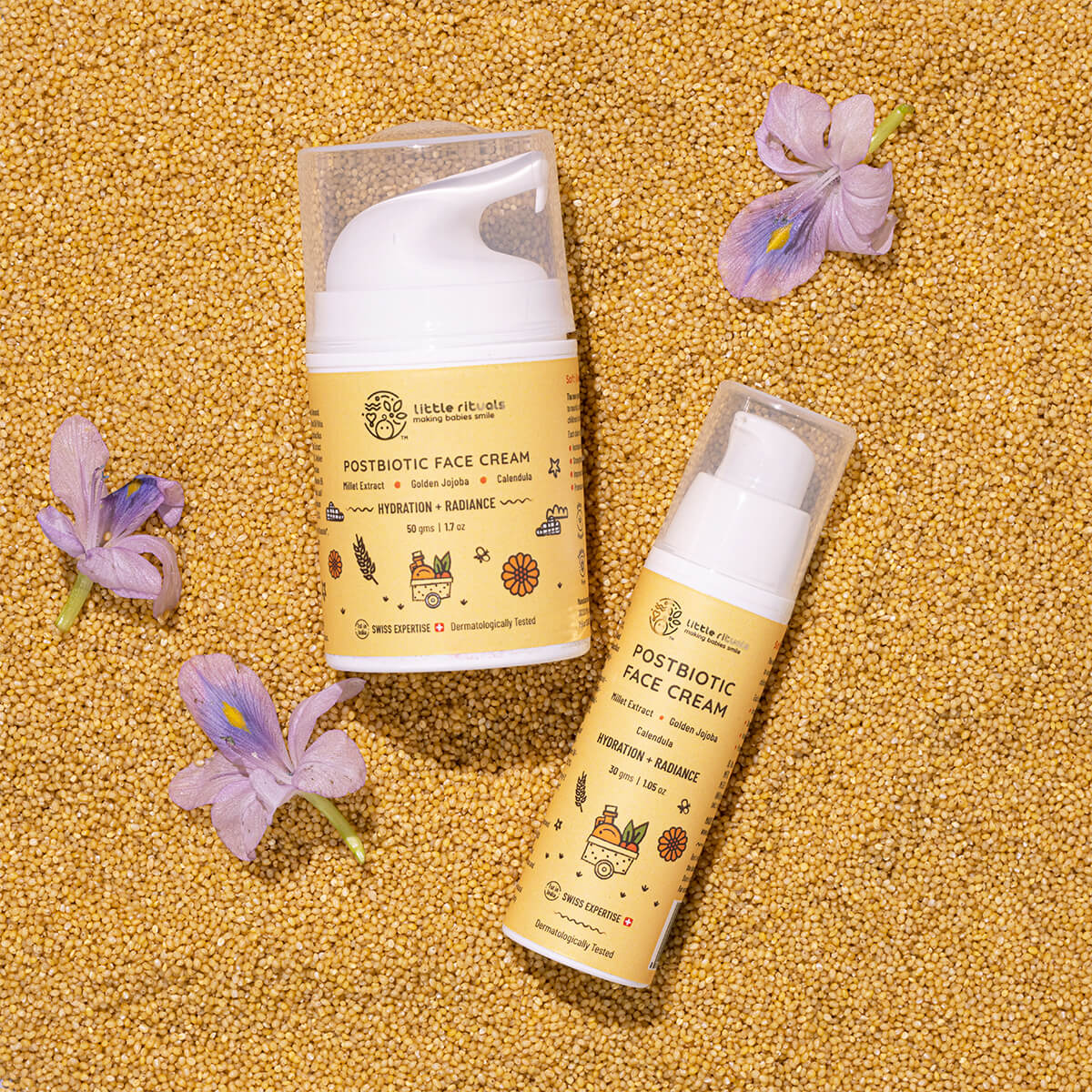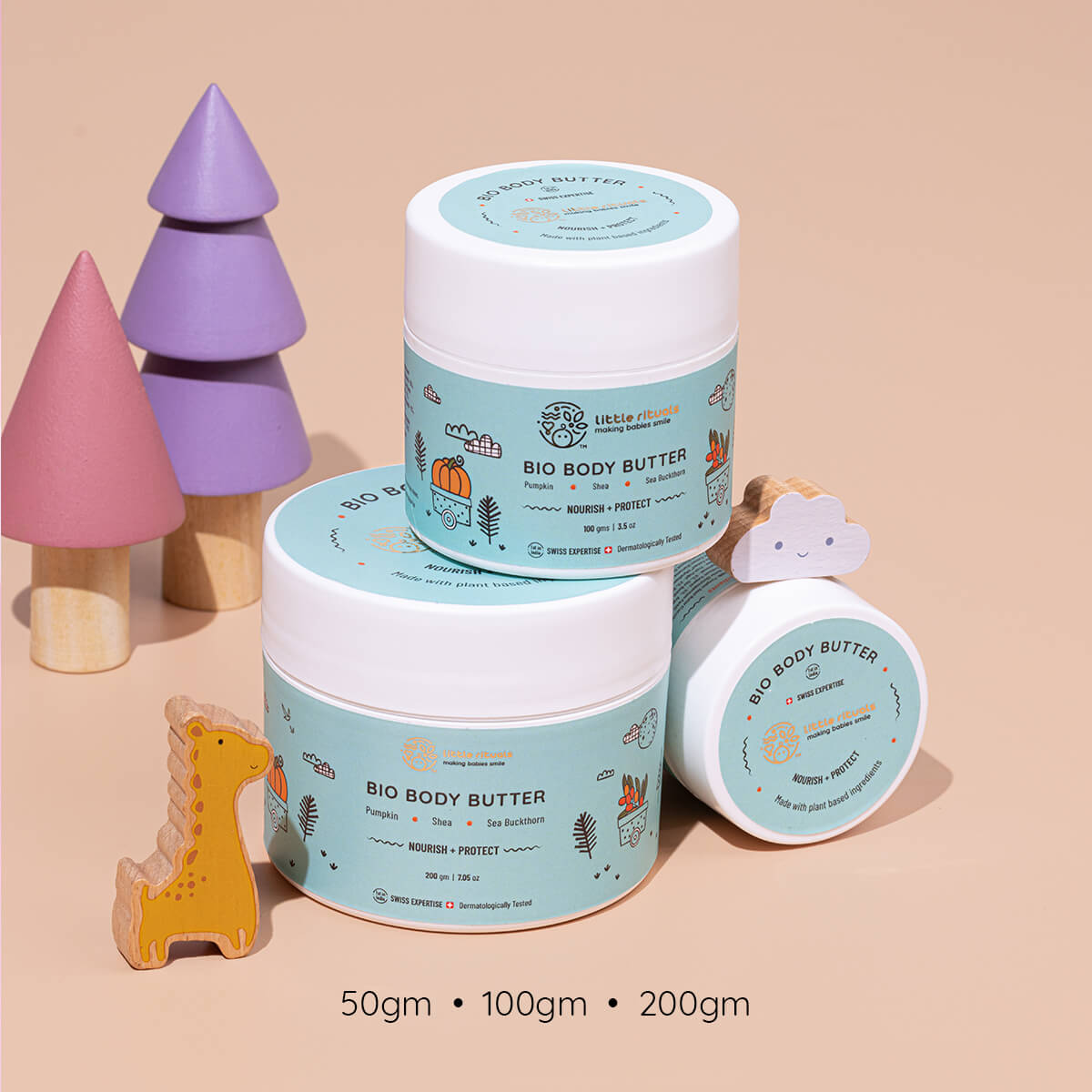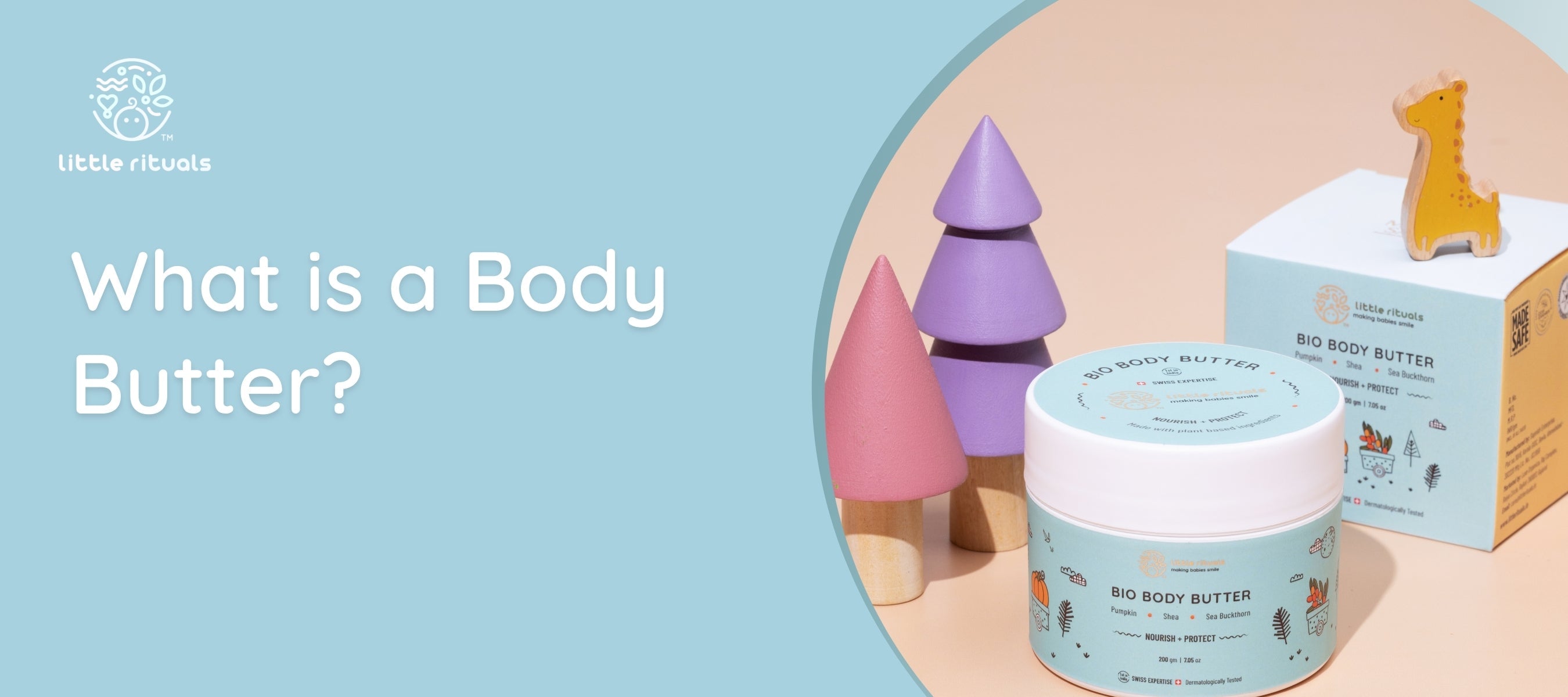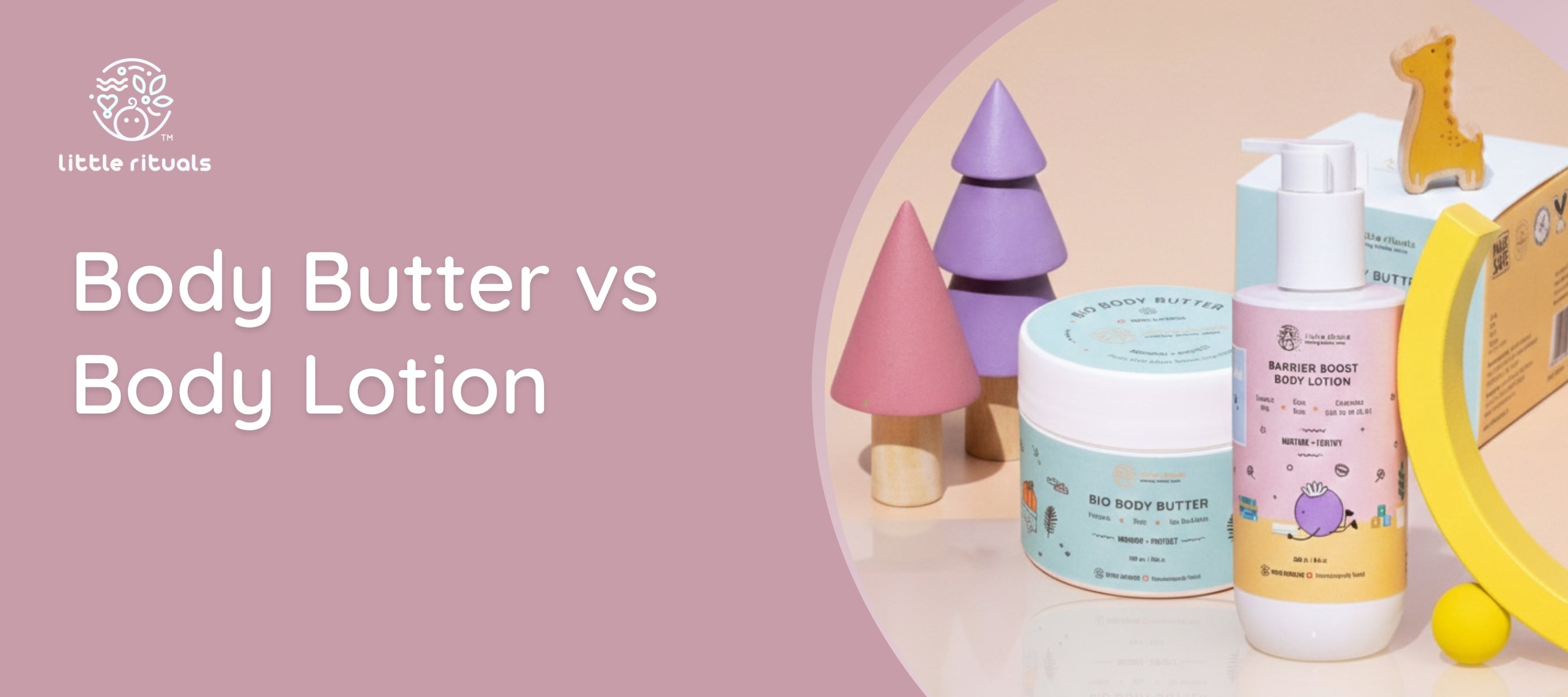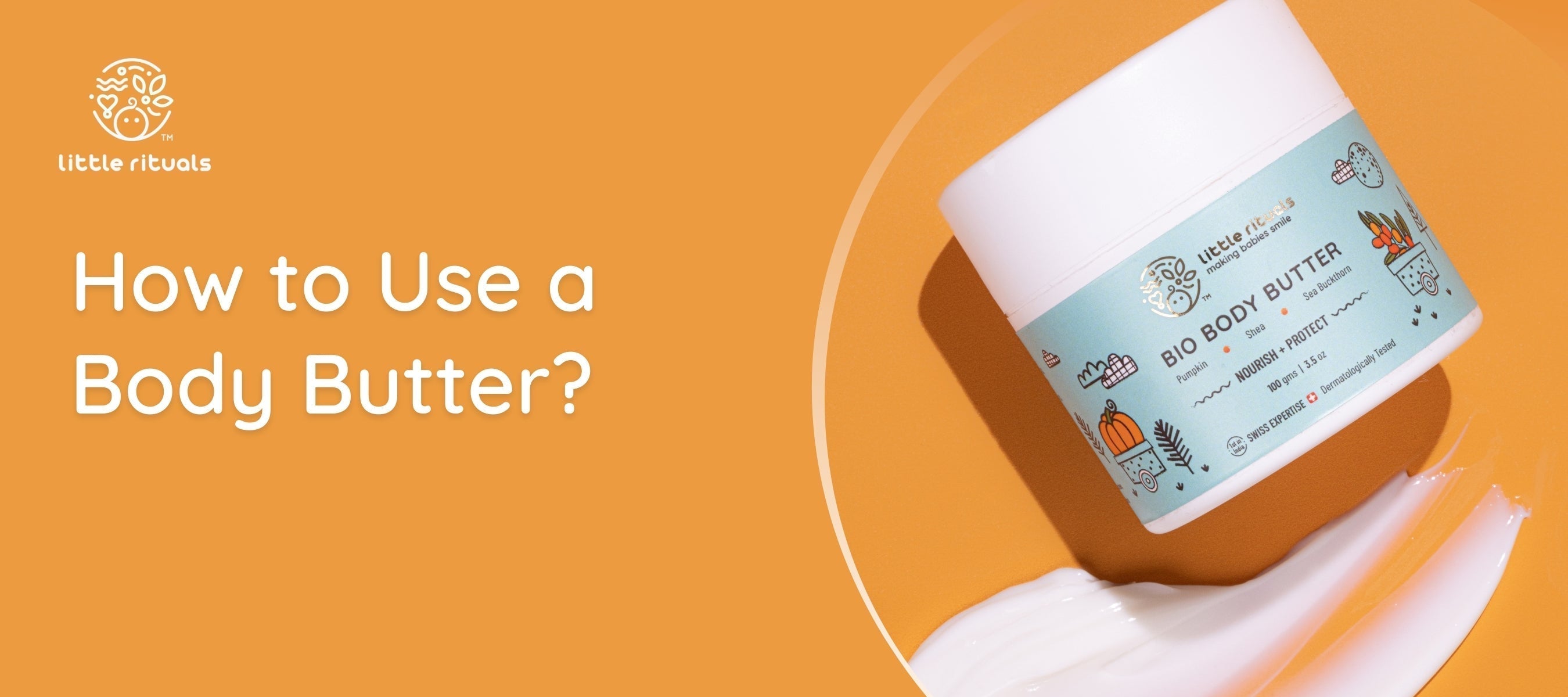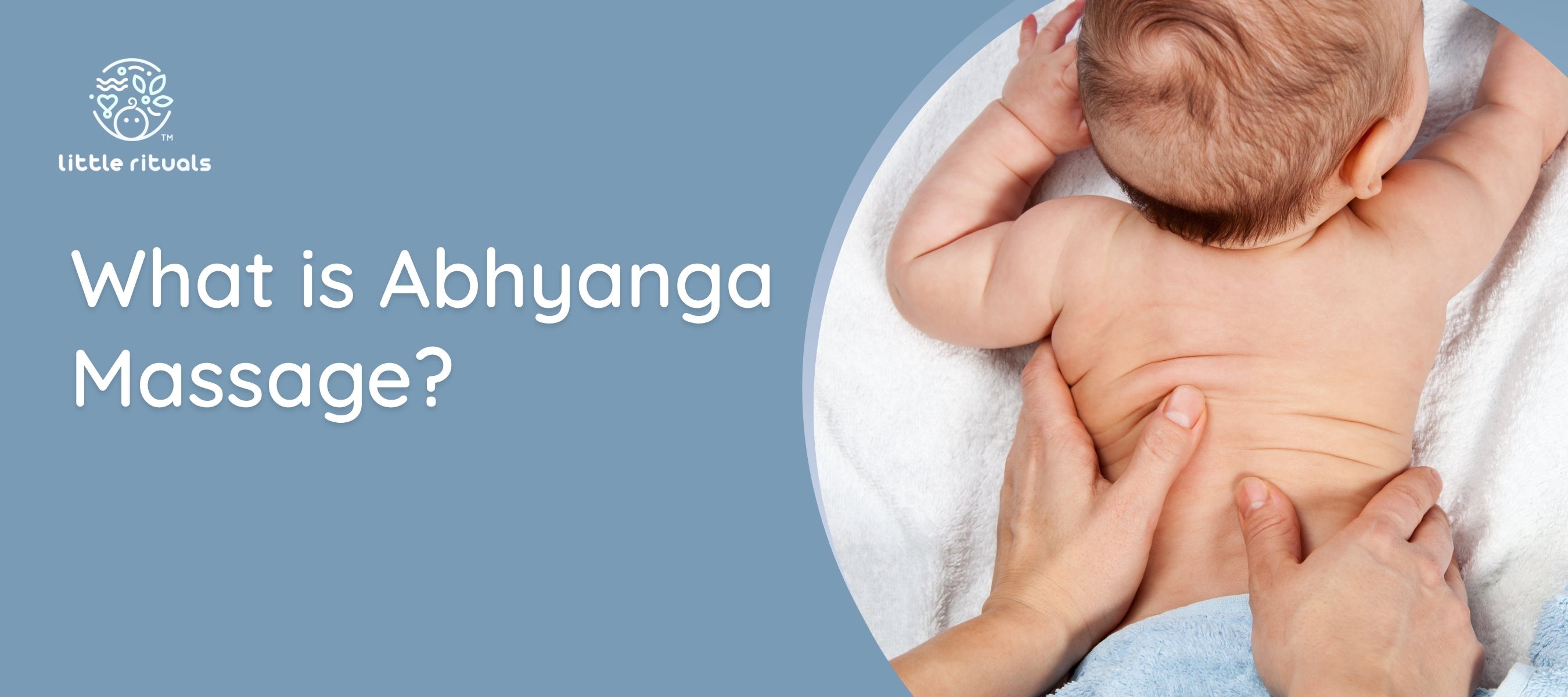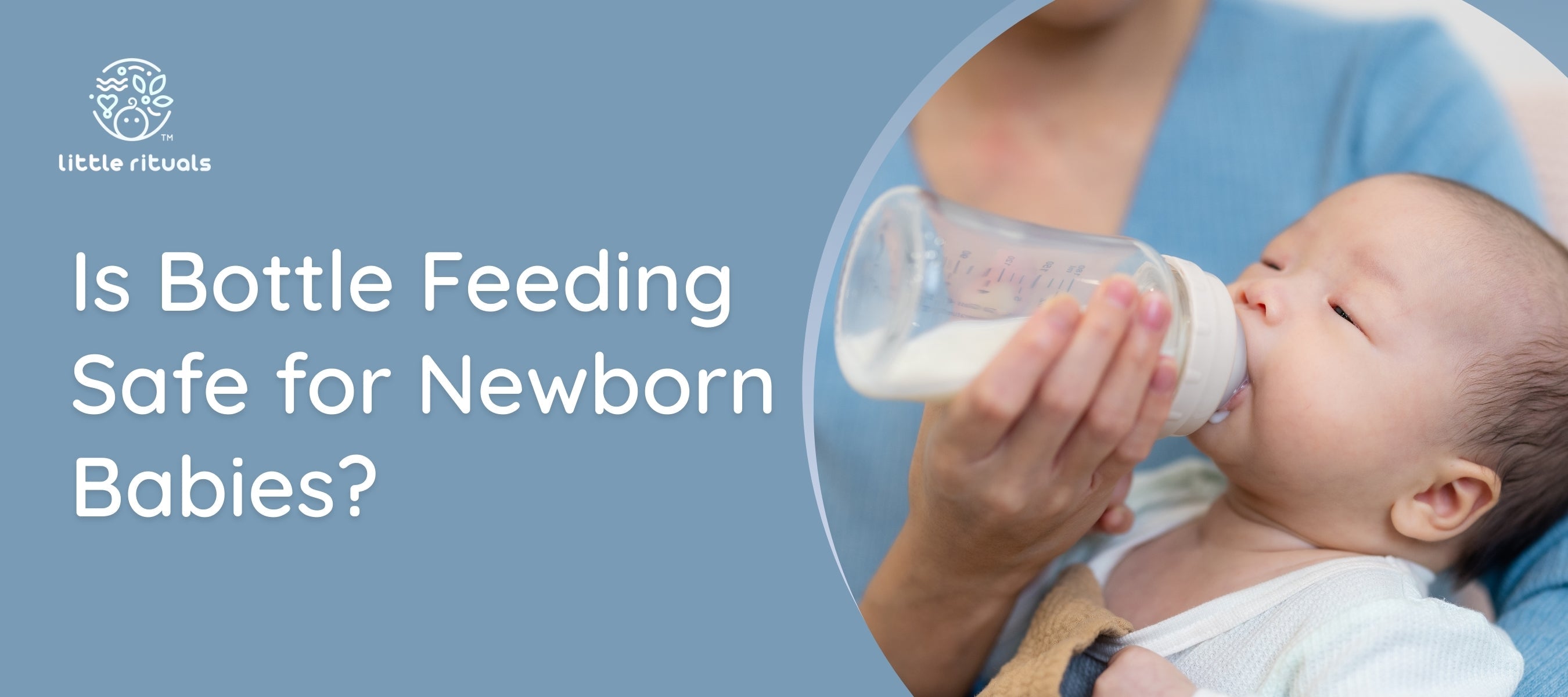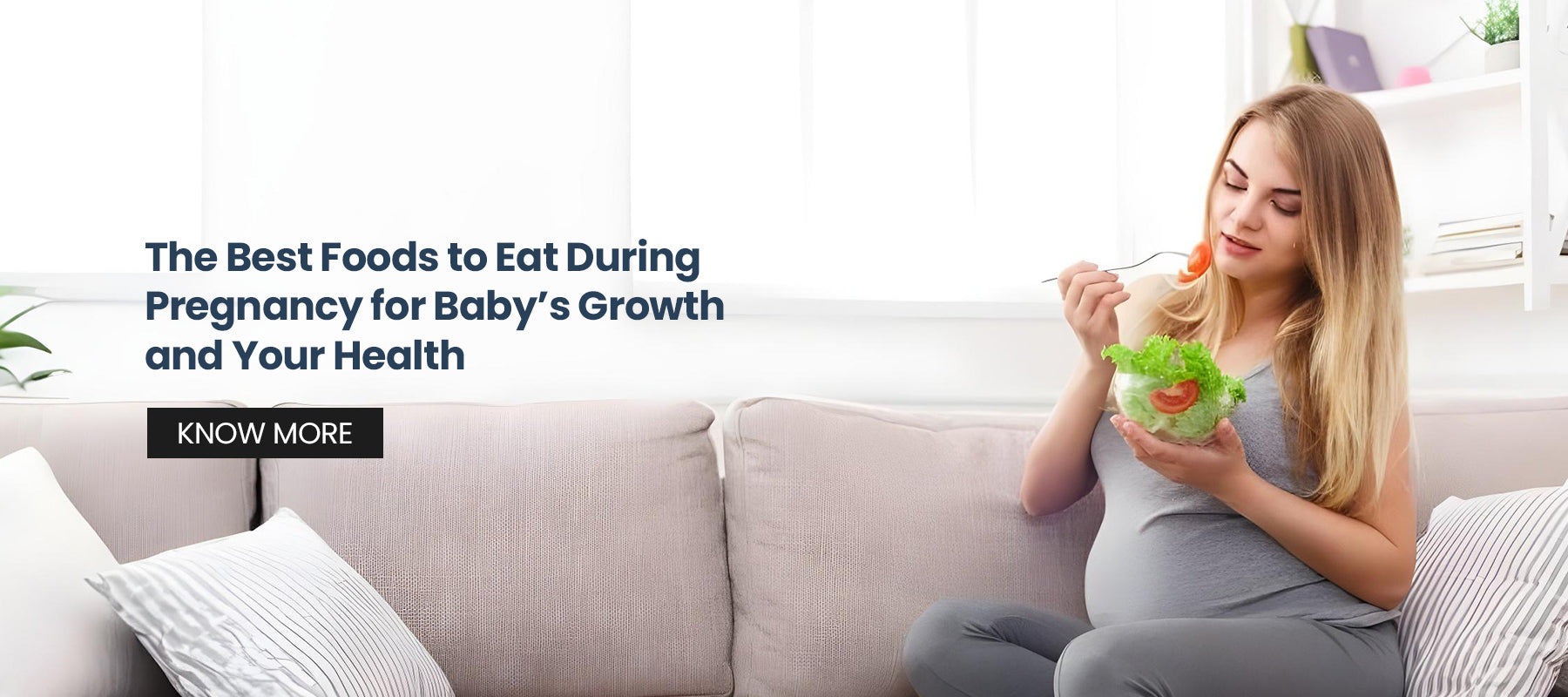
The Best Foods to Eat During Pregnancy for Baby’s Growth and Your Health
What a mother eats during pregnancy can significantly affect the baby's growth and the mother's health. Pregnant women require higher amounts of vitamins, minerals, and other nutrients that ensure the proper growth and development of the fetus. However, there are some foods women should avoid during pregnancy.
Let's explore the most beneficial foods to eat when you are pregnant and some to avoid when it comes to the well-being of both mother and baby.
5 Foods to Eat When You Are Pregnant
Vitamin C-Rich Foods
Foods rich in Vitamin C are oranges, strawberries, bell peppers, and broccoli, which are good for both you and your baby. Vitamin C promotes the growth of the baby and aids in better iron absorption. This pregnancy diet is crucial for both the health of the mother and her baby.
Iron-Rich Foods
Iron is essential because it assists your body in producing additional blood for you and your baby. Sources of iron include beans, lentils, leafy green vegetables, meat, and spinach. This pregnancy diet will keep your energy levels at higher levels and bring growth to your baby.

Calcium-Rich Foods
Calcium is required for the development of bones and teeth in your baby. You can get calcium from pasteurized dairy products like yogurt, cow's milk, and hard cheeses. Other non-dairy sources, including almonds, broccoli, and chickpeas, are the best when you think about what to eat during pregnancy.
Omega-3 Fatty Acids
Omega-3 fatty acids are crucial for your baby's brain formation. Foods rich in Omega-3s include sardines, salmon, trout, and canned light tuna. If you don't like fish and are thinking about what to eat during pregnancy, Omega 3 is also in veg food like flax seeds, chia seeds, kidney beans, soyabean oil, walnuts, etc. You can also choose a prenatal supplement with Omega-3s.
Water
Drinking enough water is essential during pregnancy. Hydration will ensure that nutrients are delivered through the blood to your baby and prevent constipation, hemorrhoids, and urinary tract infections for you. You should drink at least 8-10 glasses of water a day.
Must Read: Feeding Time for Newborns: Understanding Your Baby's Hunger Signals
5 Foods to Avoid During Pregnancy
Unpasteurized Dairy Products
Avoid soft cheeses and unpasteurized milk. These foods may contain harmful bacteria that can cause infections and pose risks to your baby.
Refrigerated Ready-to-Eat Meats
Avoid deli meats and other refrigerated ready-to-eat meats. These contain a bacteria called listeria that can be dangerous during pregnancy.
Raw or Undercooked Eggs
Raw or undercooked eggs harbor the salmonella bacteria. Ensure eggs are fully cooked before consumption.
Some Fish
Avoid fish that contain high amounts of mercury. Such fish include sharks, swordfish, king mackerel, and tilefish. Mercury is dangerous to your baby's nervous system.
Alcohol
Alcohol should be strictly avoided during pregnancy as it may lead to severe health issues for your baby.

Simple and Healthy Meal Ideas
A balanced diet is necessary during pregnancy. Here are some simple and healthy foods to eat when you are pregnant that include the essential nutrients you need:
- Breakfast: A bowl of oatmeal topped with fresh strawberries and a glass of fortified orange juice.
- Lunch: Spinach and lentil salad with bell peppers and served with yogurt.
- Dinner: Grilled salmon with steamed broccoli and quinoa.
- Snacks: Orange slices, a handful of almonds, or carrot sticks with hummus.
Healthy Pregnancy Diet Tips
These pregnancy diet tips ensure that you and your baby stay healthy during pregnancy:
- You should eat small and frequent meals. This can help manage nausea and stabilize energy levels.
- A wide variety of foods will help ensure you obtain all the nutrition during pregnancy, that your body needs.
- Pay attention to your body's needs. If you are hungry, eat. If you are not, don't force it.
- Try to limit your caffeine to 200 milligrams per day. This is roughly one 12-ounce cup of coffee.
More About Vitamins and Minerals
Let's take a little more in-depth look at some of the essential vitamins and minerals you'll need during pregnancy and how you can get them in your diet:
- Folic Acid: Folic acid is very important as it helps prevent birth defects in the baby's brain and spine. Green leafy vegetables, nuts, beans, and citrus fruits are great sources of folic acid. Many prenatal vitamins also contain folic acid.
- Vitamin D: Vitamin D helps in calcium absorption and maintains bone health. Vitamin D is found in sun exposure, fortified milk, and fatty fish.
- Iron: Irrespective of the previously mentioned support iron provides to the increased volume of blood during pregnancy, fortified cereals are also good resources.
- Protein: Protein is essential for the baby's growth. Add lean meats, poultry, fish, eggs, beans, and nuts to your diet to fulfill your protein requirements.
Stay Active During Pregnancy
In addition to a healthy diet, staying active during pregnancy is also important. Light exercises like walking, swimming, or prenatal yoga can help you stay fit and manage stress. Always consult your healthcare provider before starting any exercise routine.
Managing Common Pregnancy Symptoms with Diet
Some foods can help to alleviate common pregnancy symptoms such as nausea, heartburn, and fatigue.
- Nausea: Small, frequent meals and ginger in the diet can help control nausea.
- Heartburn: Avoid spicy and acidic foods. Taking smaller meals and not lying down right after eating can also be helpful.
- Fatigue: Iron-rich foods and hydrating oneself can help relieve fatigue symptoms. Moreover, rest is essential for overcoming fatigue.
Conclusion
One of the best things you can do for your baby's growth and your health is to eat a balanced diet full of essential nutrition during pregnancy. Foods rich in vitamins, minerals, and other nutrients should be included in your diet, while harmful foods should be avoided.
Stay active, stay hydrated, and ensure your pregnancy is as comfortable and joyful as possible. Happy parenting!
